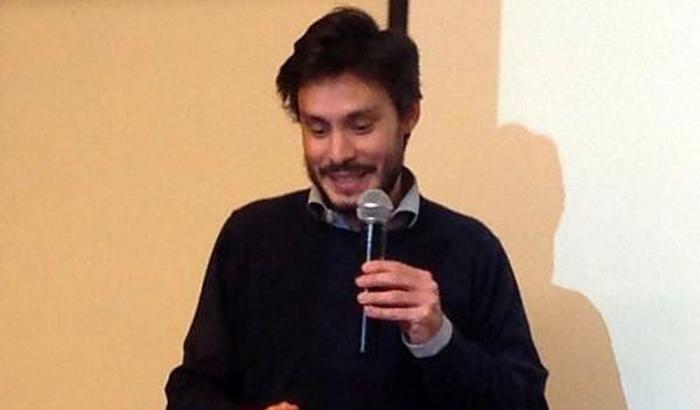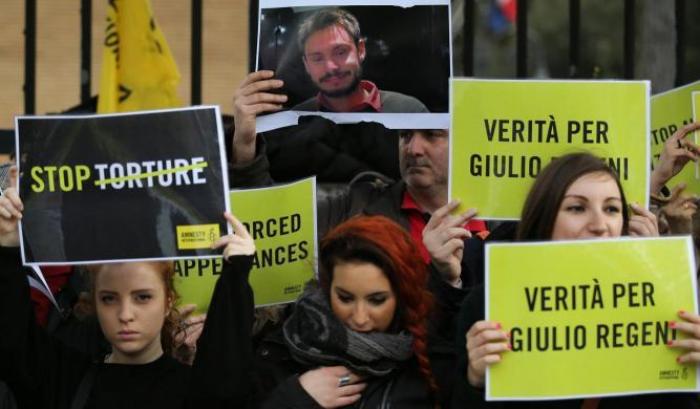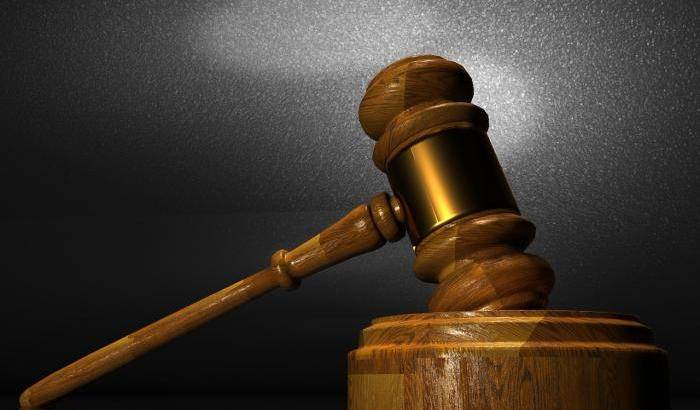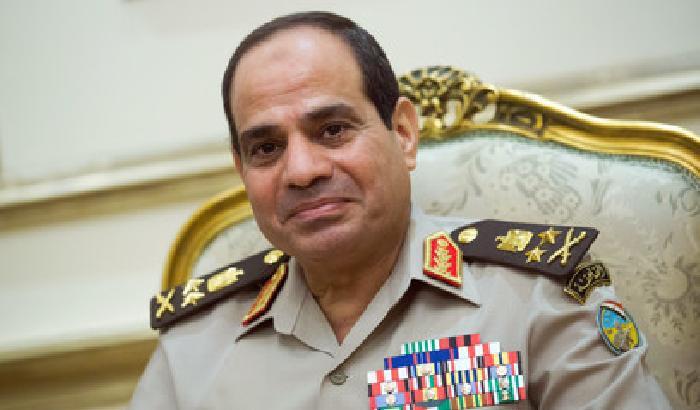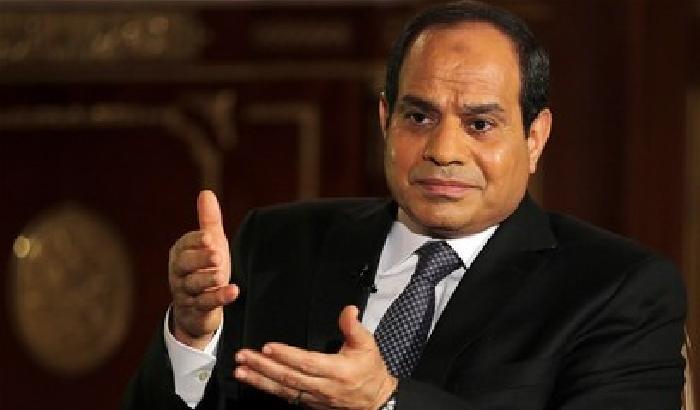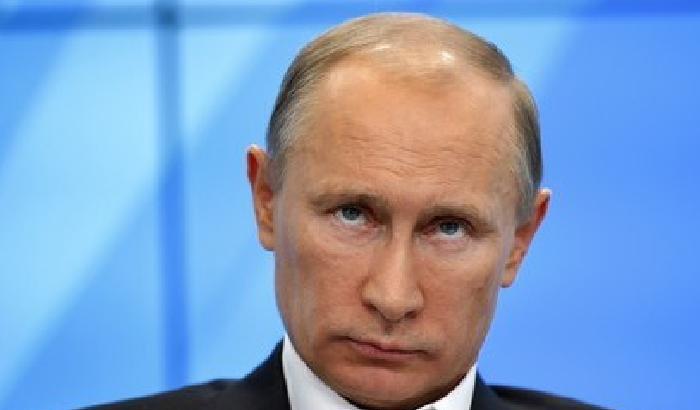Noi sottoscritti, docenti ed accademici di varie Università in Italia ed all’estero, scriviamo questa lettera spinti dallo sdegno per come alcuni quotidiani e media italiani hanno rappresentato i mentori di Giulio Regeni dell’Università di Cambridge. In un lungo articolo uscito sull’Espresso il 7 Giugno scorso e in due interviste, la prima con il Rettore dell’Università di Trieste apparsa su Il Sole 24 Ore il 9 Giugno e la seconda con un professore di Oxford, apparsa su Repubblica l’11 giugno, i mentori accademici di Giulio sono rappresentati come dissidenti che si rifiutano di collaborare alle indagini. Questo è semplicemente falso.
Pubblicità
Come l’Università di Cambridge stessa ha già chiarito, tutti coloro che sono collegati a Giulio hanno cooperato con gli investigatori fin da subito, dando risposte a tutte le domande in forma orale o scritta. Perdipiù fin dall’inizio, i mentori hanno avuto un ruolo attivo nel fare pressione sul regime egiziano affinché attivasse i propri servizi di sicurezza con la speranza che ne seguisse un interesse genuino e credibile nel trovare i colpevoli dell’omicidio di Giulio. Suggerire che gli amici e gli insegnanti di Giulio, che sono tuttora devastati da questo evento cosi scioccante, siano ‘indifferenti’, è non solo assurdo ma profondamente offensivo.
Ugualmente assurda è l’idea proposta nell’articolo dell’Espresso secondo cui i docenti di Giulio sarebbero “dissidenti”, irresponsabili che mandarono Giulio a condurre “ricerca partecipata” in un paese caratterizzato da un regime oppressivo come l’Egitto.
Queste illazioni mostrano ignoranza delle procedure attraverso cui la ricerca sul campo nell’ambito di un dottorato viene approvata e successivamente condotta. Perdipiu, la ricerca partecipata e’ un metodo standardizzato quando si fa ricerca sul campo. Giulio aveva gia’ trascorso parecchio tempo in Egitto a fare ricerca prima di essere accettato a Cambridge come dottorando, cosa che gli premise di tornare in Egitto.
Pubblicità
Ne’ Giulio, ne’ l’università possono essere accusati di essere sventurati o irresponsabili dato che non era mai accaduto che uno studente, ricercatore o accademico straniero fosse assassinato in Egitto prima che Giulio vi si recasse per condurre la sua ricerca.
Alla luce di questi fatti, condanniamo senza mezzi termini le accuse infondate e le asserzioni fatte dai giornali e contenute nelle interviste.
I media in Italia, come altrove, dovrebbero preoccuparsi di contribuire alla ricerca dei colpevoli del brutale assassinio di Giulio, anziché distrarre attenzione dalla reali responsibilità di questo efferato crimine.
1. Nadje Al-Ali, Professor of Gender Studies, Centre for Gender Studies, SOAS, University of London
2. Dr Lori Allen, Senior Lecturer, Dept. of Anthropology, SOAS, University of London
3. Dr. Richard Alexander, Lecturer in Financial Law, School of Finance and Management, SOAS University of London
4. Carolina Alves, SOAS, University of London, Associate Professor, Faculty of Oriental Studies, University of Oxford
5. Paul Anderson, Lecturer in Middle Eastern Studies, University of Cambridge
6. Professor Bridget Anderson, Centre on Migration, Policy and Society (COMPAS), University of Oxford
7. Joel Beinin, Donald J. McLachlan Professor of History, Professor of Middle East History, Department of History, Stanford University
8. Gurminder K Bhambra, Professor of Sociology, University of Warwick
9. Francesca Biancani, Adjunct Professor, Bologna University
10. Bob Brecher, Professor of Moral Philosophy, University of Brighton, UK
11. Dario Castiglione, Reader in Politics, University of Exeter
12. John Chalcraft, Associate Professor, The London School of Economics and Political Science (LSE)
13. Elliott Colla, Associate Professor, Department of Arabic and Islamic Studies, Georgetown University
14. Giulia Daniele, Postdoctoral Research Fellow, Centro de Estudos Internacionais
Instituto Universitário de Lisboa (ISCTE-IUL), Lisboa
15. Anna Maria Di Tolla, Associate professor, Università degli Studi di Napoli “L’Orientale”
16. Dr Sara Rich Dorman, Politics & IR, University of Edinburgh
17. M. Cristina Ercolessi, Associate professor African studies, Università di Napoli L’Orientale
18. Francesca Esposito, Phd candidate, ISPA-University Institute, Lisbon (Portugal)
19. Dr. Umut Erel, Faculty of Social Sciences, The Open University, UK
20. Professor Richard Fardon, Head of the SOAS Doctoral School, SOAS, University of London
21. Claudia Favarato, Dott.ssa in Politica Internazionale e Diplomazia (Università di Padova), Attualmente Mestranda in Laura Specialistica in Studi Africani presso Universidade de Lisboa – Instituto Superior de Ciências Sociais e Políticas
22. Ambra Formenti, Post-doc researcher, CRIA-FCSH/NOVA, Portugal
23. Dr. Nelida Fuccaro, Reader in the Modern History of the Middle East, School of Oriental and African Studies, University of London
24. Prof Annamaria Gentili, Professor Emerita, The University of Bologna
25. Dr. Terri Ginsberg, Assistant Professor & Director of Film, The American University in Cairo
26. Jonathan Goodhand, Professor in Conflict and Development Studies, SOAS
27. Dr Hugo Gorringe, Senior Lecturer in Sociology, University of Edinburgh
28. Tim Gorringe, Professor Emeritus, University of Exeter
29. Sondra Hale, Professor Emerita, Anthropology and Gender Studies, University of California, Los Angeles (UCLA)
30. Dr Laura Hammond, Head of Department and Reader, Dept of Development Studies
School of Oriental and African Studies (SOAS), University of London
31. Sari Hanafi, Professor & Chair, Department of Sociology, Anthropology & Media Studies, American University of Beirut
32. Dr Julia Hope, Lecturer in higher education and academic practice, University of Kent
33. Dr. Feyzi Ismail, Senior Teaching Fellow, SOAS, University of London
34. Dr Lee Jones, Senior Lecturer, School of Politics & International Relations, Queen Mary, University of London
35. Dr Tania Kaiser, Senior Lecturer in Forced Migration Studies, Department of Development Studies, SOAS, University of London
36. Deniz Kandiyoti, Emeritus Professor, SOAS University of London
37. Dr Lars Peter Laamann, Lecturer, SOAS, University of London
38. Dr Jens Lerche, Reader in Agrarian and Labour Studies, Department of Development Studies, School of Oriental and African Studies (SOAS), University of London
39. Michael Loughlin, Professor of Applied Philosophy, Department of Interdisciplinary Studies, MMU Cheshire
40. Dr Charlie Louth, Fellow and Tutor in German, The Queen’s College, Oxford
41. Laura Major, Social Anthropology, University of Edinburgh
42. James McDougall, Fellow and tutor in modern history, Trinity College, University of Oxford
43. Dr Laura McMahon, College Lecturer, Gonville and Caius College, University of Cambridge
44. David Mills, Associate Professor, Dept of Education University of Oxford
45. Luisa Morgantini, former Vice President European Parliament
46. Prof Karma Nabulsi, Oxford University
47. Eleanor Newbigin, Senior lecturer in the history of modern South Asia, SOAS, University of London
48. Michelle Obeid, Lecturer in Social Anthropology, University of Manchester
49. Chrysi Papaioannou, PhD Candidate, School of Fine Art, History of Art and Cultural Studies, University of Leeds
50. Nicola Perugini, Middle East Studies, Brown University
51. Daniela Pioppi, Associate Professor, Università degli Studi di Napoli ‘L’Orientale’
52. Prof. Dr. Adrian M. S. Piper, APRA Foundation Berlin
53. Dr Barbara Pizziconi, Reader in Japanese Applied Linguistics, Head, Departments of Japan & Korea and China & Inner Asia, SOAS, University of London
54. Dr Nicola Pratt, Reader of the International Politics of the Middle East, University of Warwick
55. Dr Tim Pringle, Senior Lecturer, Department of Development Studies, School of Oriental and African Studies (SOAS), University of London
56. Mezna Qato, Junior Research Fellow, University of Cambridge
57. Dr Manjeet Ramgotra, Department of Politics and International Studies, SOAS. University of London
58. Rahul Rao, Senior Lecturer in Politics, SOAS, University of London
59. Oliva Peroni Rodrigo, MA student, Central European University
60. Dr. Kanchana N. Ruwanpura, Reader – Development Geography, Institute of Geography,
University of Edinburgh
61. Dr Lucie Ryzova, Lecturer in Middle East History, Department of History, University of Birmingham
62. Dr Ruba Salih, Reader, Gender Studies, SOAS, University of London
63. Prof Yezid Sayigh, Senior Associate, Carnegie Middle East Center (Beirut, Lebanon)
64. Zakia Salime, Associate Professor, Sociology, Women’s and Gender Studies, Rutgers
65. Dr Elyse Semerdjian, Associate Professor of Islamic World/Middle East History, Whitman College
66. Dr Lucia Sorbera, Senior Lecturer, The University of Sydney
67. Barbara Sorgoni, Associate Professor in Cultural Anthropology, University of Turin
68. Aurora Sottimano, Lecturer, Department of Political Science, British University in Egypt
69. Lucy Suchman, Professor, Anthropology of Science and Technology, Department of Sociology, Lancaster University
70. Dr Latif Tas, School of Law, SOAS, University of London
71. Ashley Thompson, Hiram W. Woodward Chair in Southeast Asian Art, Academic Lead, Southeast Asian Art Academic Programme, Chair, Centre for Southeast Asian Studies, SOAS, University of London
72. Sophie van Huellen, Lecturer, SOAS, University of London
73. Dr. Michiel van Ingen, Visiting Lecturer, University of Westminster
74. Sherry Vatter, Retired faculty, California State University, Long Beach
75. Andrew F Walls, Honorary Professor, School of Divinity, University of Edinburgh
76. Lynn Welchman, Professor of Law in the Middle East and North Africa, SOAS
77. Professor David Wield, Open University, UK
78. Jessica Winegar, Associate Professor of Anthropology, Northwestern University
79. Musab Younis, PhD student, University of Oxford
Argomenti: Giulio Regeni
